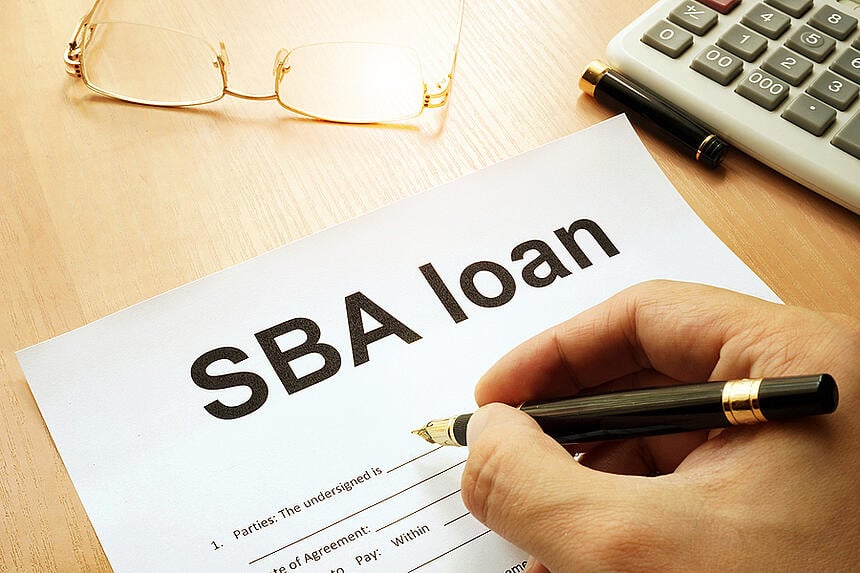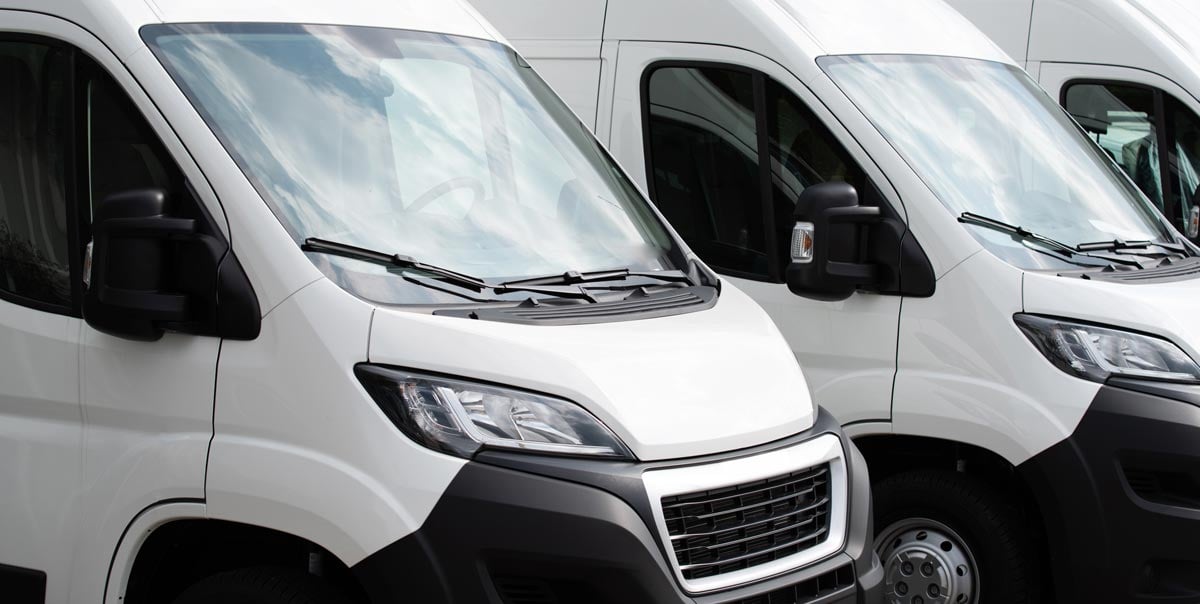Unless you operate an e-commerce business or another online venture, real estate is a necessary part of most small business operations. While many businesses get started by leasing land or a store, most will eventually want to purchase property of their own as their startup matures and grows.
If you are a business owner who would like to expand your operations, you may be wondering what options you have for financing the purchase of real estate. SBA loans for real estate are the most common funding option that small businesses use. They have several advantages over conventional financing to consider.
The following is an overview of SBA loans for buying real estate to help you understand how they work and whether one will be a good option for your needs.
What is an SBA Loan for Real Estate?
The Small Business Administration (SBA) is a government organization that offers valuable resources that all entrepreneurs should take advantage of. Just a few things they provide assist with include:
- Planning and launching a new business
- Business management
- Growing an existing business
In addition to counseling small business owners on management best practices, the SBA also offers loans to either start or grow a business. These loans can also be used for the purchase of real estate. Two loans are offered for this purpose – 504 loans and 7(a) loans.
SBA 504 Loans
504 loans are offered through Certified Development Companies (CDCs) and are backed by the SBA. CDCs are non-profit organizations that were created to promote economic development in communities.
504 loans can only be used to purchase commercial real estate, machinery, and equipment. They cannot be used for inventory, working capital, debt consolidation, or for other general business needs.
The maximum amount that a business can borrow with a 504 loan is $5 million. They are long-term loans with fixed interest rates, and the down payment requirement is also lower than other financing options. 10% is typically required, but may be as high as 20% in some cases. Repayment terms for 504 loans include 10, 20, and 25 years.
Qualifying for an SBA 504 Loan
To qualify for a 504 loan, the business must:
- Operate in the United States
- Be a for-profit company
- Have a tangible net worth of less than $15 million
- Have an average annual net income (after taxes) of less than $5 million for the previous two years
When applying, the CDC will check your credit and evaluate the documentation you provide to make sure you are eligible.
SBA 7(a) Loans
SBA 7(a) loans are the most common form of financing for small businesses because they can be used for many different needs. They are issued by private lenders and are backed by the SBA. This significantly reduces lenders’ risk, which increases the chances that small businesses will qualify.
In addition to being used to purchase real estate, 7(a) loans can also be used for:
- Construction projects
- Working capital
- Building renovations
- Buying equipment
- Starting a business
- Expanding an existing business
Similar to 504 loans, a 10% down payment is required with 7(a) loans, although higher down payments may be required in some cases. You can borrow up to $5 million, and they usually have variable interest rates.
The SBA guarantees 85% of a 7(a) loan up to $150,000. 75% is guaranteed for loan amounts higher than $150,000.
If you use a 7(a) loan to finance the purchase of real estate, terms of up to 25 years are available. For equipment, working capital, and inventory, however, the repayment terms are 10 years.
Qualifying for an SBA 7(a) Loan
The process of applying for a 7(a) loan is different from applying for a 504 loan. You first fill out an online application. The SBA then matches you with a lender it believes will best serve your needs. From there, you work directly with the lender to negotiate the loan.
The eligibility requirements for 7(a) loans are similar to 504 loans. To qualify, your business must:
- Be for-profit
- Do business in the U.S.
- Have owner equity that can be invested
- First use alternative resources before applying for a loan
The documentation you will need to provide when applying for a 7(a) loan will vary depending on the lender.
Which SBA Real Estate Loan Should You Choose?
Since you can finance a real estate purchase with either a 504 or 7(a) loan, there might be some confusion as to which loan is the better option. Which one should you choose?
A 504 loan is a better option if you are looking for the best interest rate possible. Interest rates for these loans are usually very low and fixed. The fees for these loans also tend to be lower than 7(a) loans.
Although you can finance the purchase of real estate with a 7(a) loan, these are general-purpose loans that can be used for many different business needs. Perhaps the most important reason to choose a 504 loan over a 7(a) loan involves the fact 7(a) loans usually have variable interest rates. If the interest rate unexpectedly increases 1-2 points, it would significantly increase the cost of the loan.
Buying Commercial Real Estate
Purchasing commercial real estate is a major expense for any company. It’s something you want to take your time with to make sure you get everything right. If your business is considering purchasing real estate to expand your operations or as part of starting a new business, the following checklist can be helpful:



